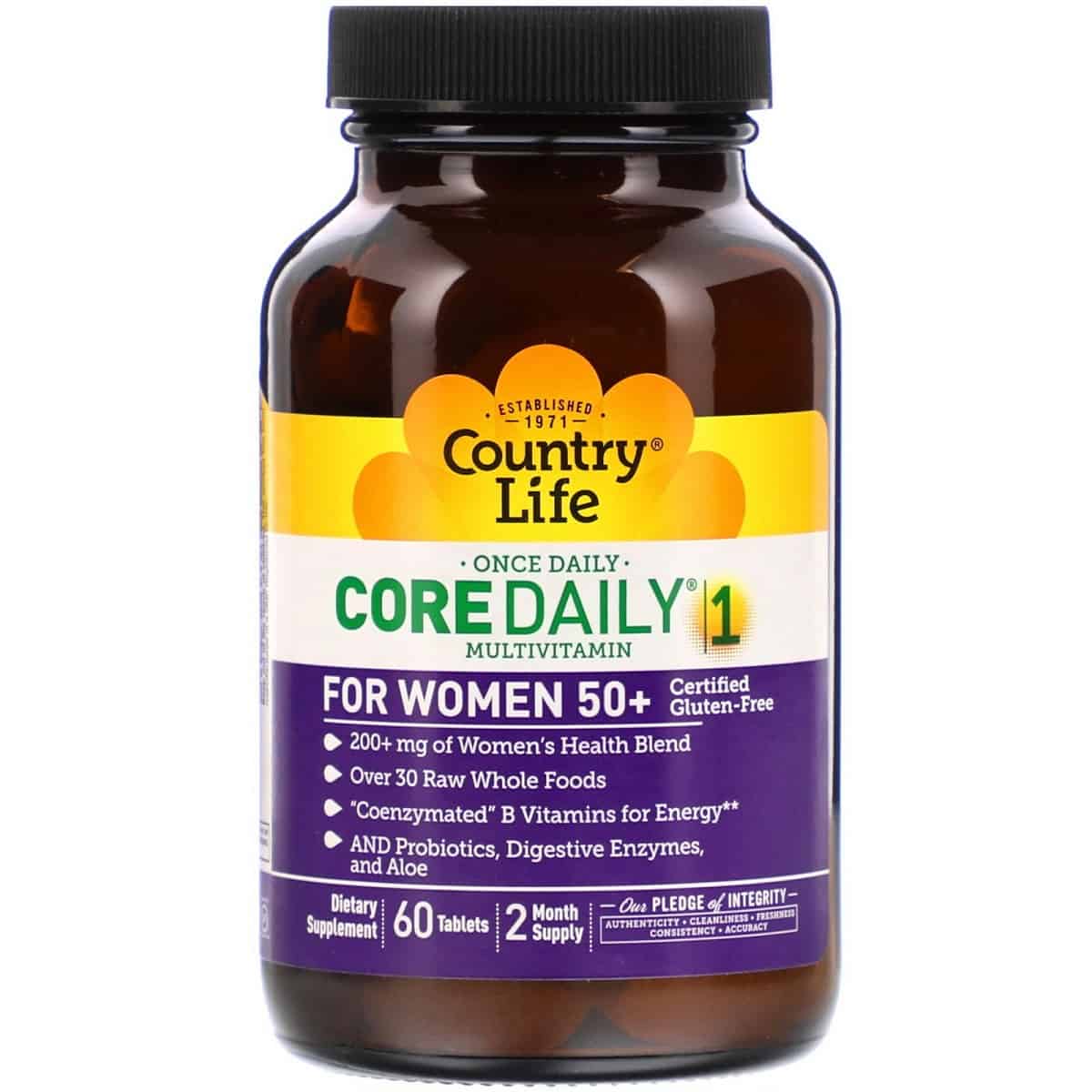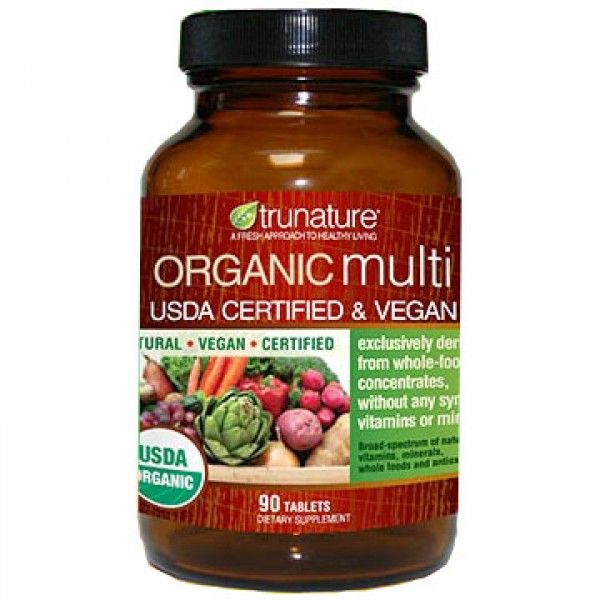In the realm of gut health, two terms often take the spotlight: prebiotics and probiotics. These words might sound similar, but they play different yet complementary roles in nurturing a healthy digestive system. Let’s delve into the world of prebiotics and probiotics, exploring their benefits, uses, and why they’re essential for our well-being.
1. Differentiating Prebiotics and Probiotics
Before diving into their benefits, it’s crucial to understand the distinction between prebiotics and probiotics. Probiotics are live microorganisms, primarily bacteria, that provide health benefits when consumed in adequate amounts. On the other hand, prebiotics are non-digestible fibers that serve as food for probiotics, aiding in their growth and activity within the gut.
2. Benefits of Probiotics
Probiotics offer a myriad of benefits for digestive health. They help restore the natural balance of gut bacteria, especially after disruptions caused by factors like antibiotics or illness. Additionally, certain strains of probiotics have been linked to improvements in conditions such as irritable bowel syndrome (IBS), inflammatory bowel disease (IBD), and even allergies.
3. The Role of Prebiotics
While probiotics take the spotlight, prebiotics play an equally crucial role in gut health. By serving as fuel for probiotics, prebiotics stimulate the growth and activity of beneficial bacteria in the gut. This, in turn, contributes to improved digestion, enhanced nutrient absorption, and a strengthened immune system.
4. Sources of Prebiotics and Probiotics
Both prebiotics and probiotics can be obtained through diet and supplementation. Prebiotics are found in various plant-based foods such as onions, garlic, bananas, and chicory root. Probiotics, on the other hand, are abundant in fermented foods like yogurt, kefir, sauerkraut, and kimchi. Additionally, they are available in the form of supplements, offering a convenient way to boost gut health.
5. Understanding Symbiotic Relationships
In recent years, a new term has emerged: symbiotics. Symbiotics combine both prebiotics and probiotics, offering a synergistic approach to gut health. By providing the necessary nutrients for probiotics while delivering beneficial bacteria, symbiotics offer comprehensive support for digestive wellness.
6. Incorporating Prebiotics and Probiotics into Your Routine
Integrating prebiotics and probiotics into your daily regimen can be simple and delicious. Experiment with adding prebiotic-rich foods to your meals, such as incorporating onions into stir-fries or enjoying a banana with breakfast. Likewise, incorporate probiotic-rich foods like yogurt into snacks or as a side dish. For those with specific health concerns or dietary restrictions, supplements can offer a convenient way to ensure adequate intake.
7. Consulting with a Healthcare Professional
While prebiotics and probiotics offer numerous benefits, it’s essential to consult with a healthcare professional before making significant changes to your diet or supplementation routine, especially if you have underlying health conditions or are pregnant or breastfeeding. A healthcare provider can offer personalized recommendations tailored to your individual needs.
In conclusion, prebiotics and probiotics play integral roles in supporting digestive health and overall well-being. By incorporating these beneficial components into your diet and lifestyle, you can unlock the potential of your gut and experience the myriad benefits they offer.



